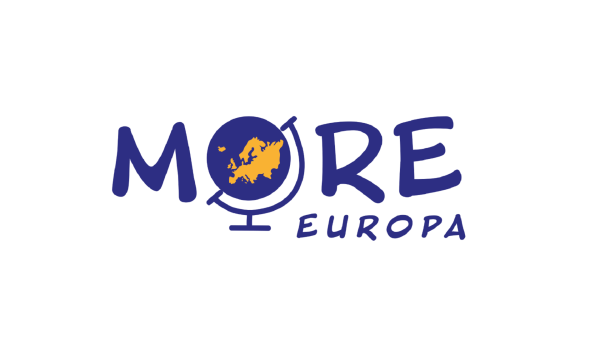
More-EUROPA
While randomized controlled trials (RCTs) remain the mainstay in drug development, approval, and reimbursement, the potential of real-world data (RWD) to contribute to the understanding of drug effects is increasingly realized.
Evidence, based on RWD – real world evidence (RWE) – can contribute significantly to the evidence to support decision-making throughout all phases of (clinical) drug development, as well as improve efficiency in the design and conduct of clinical trial programs.
About More-EUROPA
The project (More-EUROPA) focuses on the more effective and ethical use of registry data to support patient-centered decisions by drug regulators and Health Technology Assessment (HTA) agencies. The project is funded by the Horizon Europe framework programme, the main EU fund for research and innovation. The project involves 14 public and private organizations from seven EU countries (including EMSP), and will start on 1st January 2023 lasting for five years.
Objectives of the project
The main objectives of the More-EUROPA project are to:
- To generate a qualitatively generalizable account of patient and stakeholder perspectives on SWOTs of RWD use in regulatory/HTA decision-making.
- To explain to patients how data from other sources than clinical trials can be used to generate additional knowledge on medicines and medical devices: a training module on the analysis of data obtained from other sources than clinical trials, their limits, their potential contribution to scientific and medical knowledge.
- To assess the representativeness of the patient population in registries.
- To explore patient-relevant information and the current practices regarding PROs and patient-reported outcome measures (PROMs) of the case studies in More-EUROPA.
- To share More-EUROPA’s developments and findings with medical coordinators of ERNs and European Patient Advisory Groups, in the context of patient and disease registries created by ERNs.
- To develop a framework for the “Ethics of RWD decision-making”.
The main aim of More-EUROPA
The aim of this project is to develop, implement and establish evidentiary standards and methods to address the data and evidentiary needs of regulatory authorities and HTA bodies towards a more efficient use of RWD for the development, registration and assessment of medicinal products in Europe.
The key aims of More-EUROPA are revealed in its work packages (WPs):
- WP1: Development of novel analytical tools (evidentiary standards)
- WP2: Establishing RWD accessibility and usefulness (case studies)
- WP3: Identifying and screening suitable registry-based RWD (screening tool)
- WP4: Ethical perspectives and patient empowerment for RWD use (ethical and patient perspective)
- WP5: Dissemination: Guideline development, training and implementation (adoption and use)
- WP6: Project Management, ensuring a smooth functioning and successful execution of the project.
What does EMSP do?
Each work package will be directed by a leader who will be responsible for coordinating the activities and for communication and dissemination with relevant stakeholders.
EMSP’s role in this project will be leading the work package 4 on “Ethical perspectives and patient empowerment for RWD use”.
What’s more, the case studies with input from EMSP and the European Organisation for Rare Diseases (EURORDIS) will inform specific regulatory and HTA guidance (on registry-based studies including registry-based RCTs and machine learning/artificial intelligence methods) as well as contribute to and appraise work performed within the European Health Data Space.
Interactive two-way training and communication activities will increase RWD/RWE analytical skills of European regulators and HTA staff and their feedback used to improve the comprehensive methodological framework. More-EUROPA researchers have an extensive track record in the use of registry data and are intrinsically connected with the European regulatory (including EMA) and HTA network. In addition, the best practices will be shared widely through different channels across Europe.
Want to know more?
- Exciting News: More-EUROPA E-Learning Sessions Now Live! Join the course!
- Check the website and updates of the More-EUROPA project
- Learn more about the face-to-face training session, titled “Real-World Data: How Sharing and Analysis Can Benefit You” in Prague
- More EUROPA session at the EMSP Annual General Meeting 2025
More-EUROPA is funded by the European Union. Grant agreement number: 101095479.
 Your Account
Your Account
